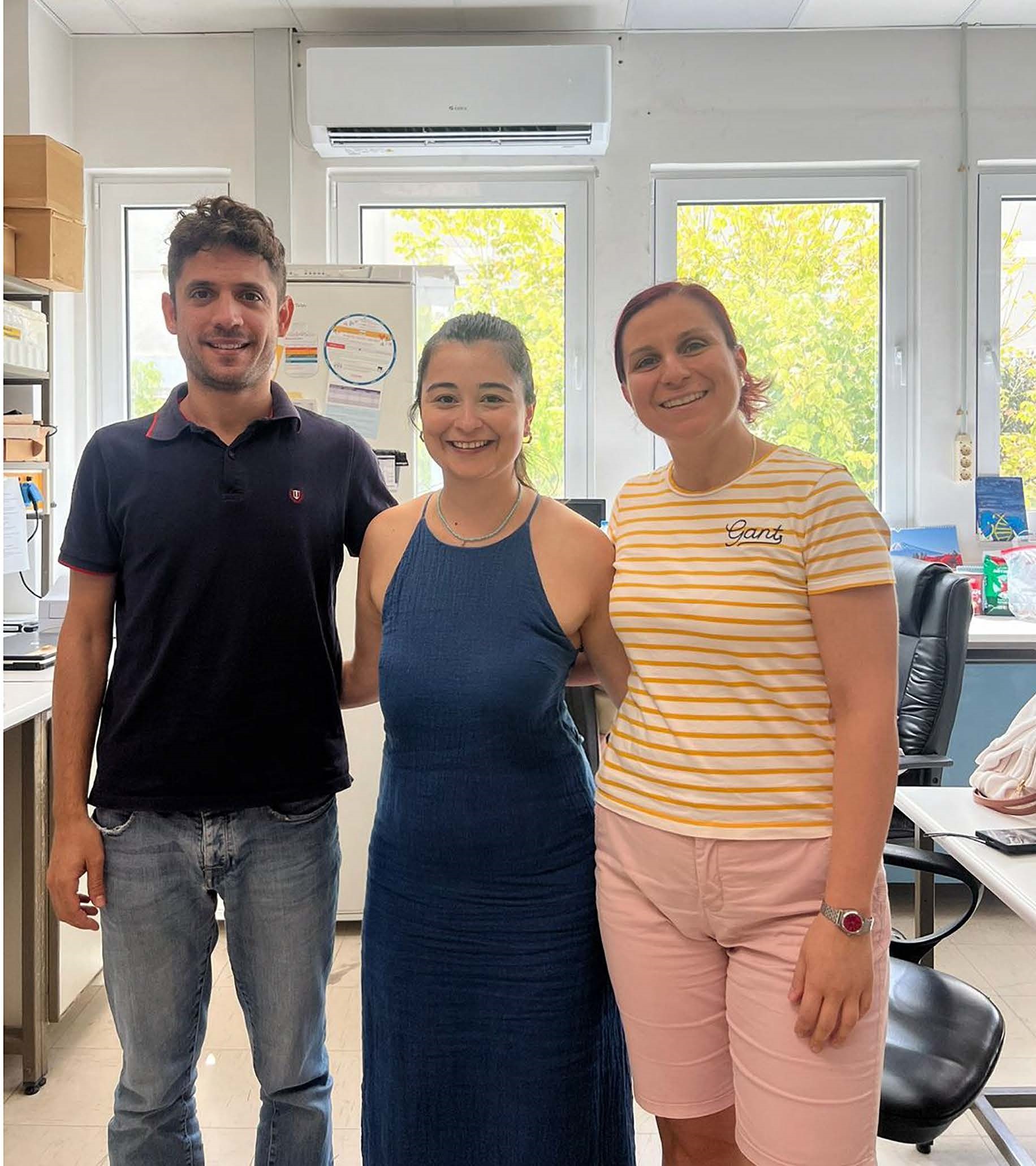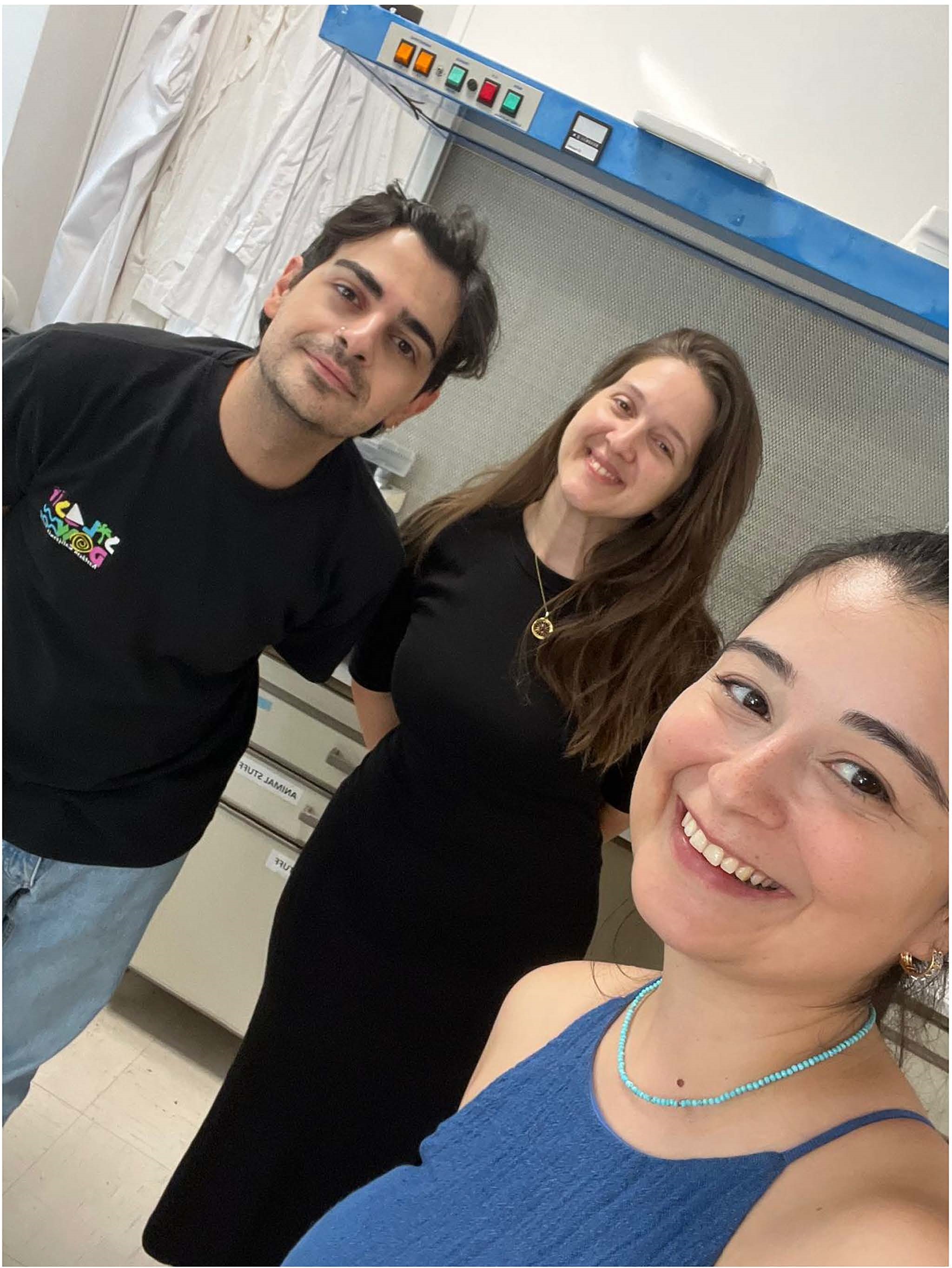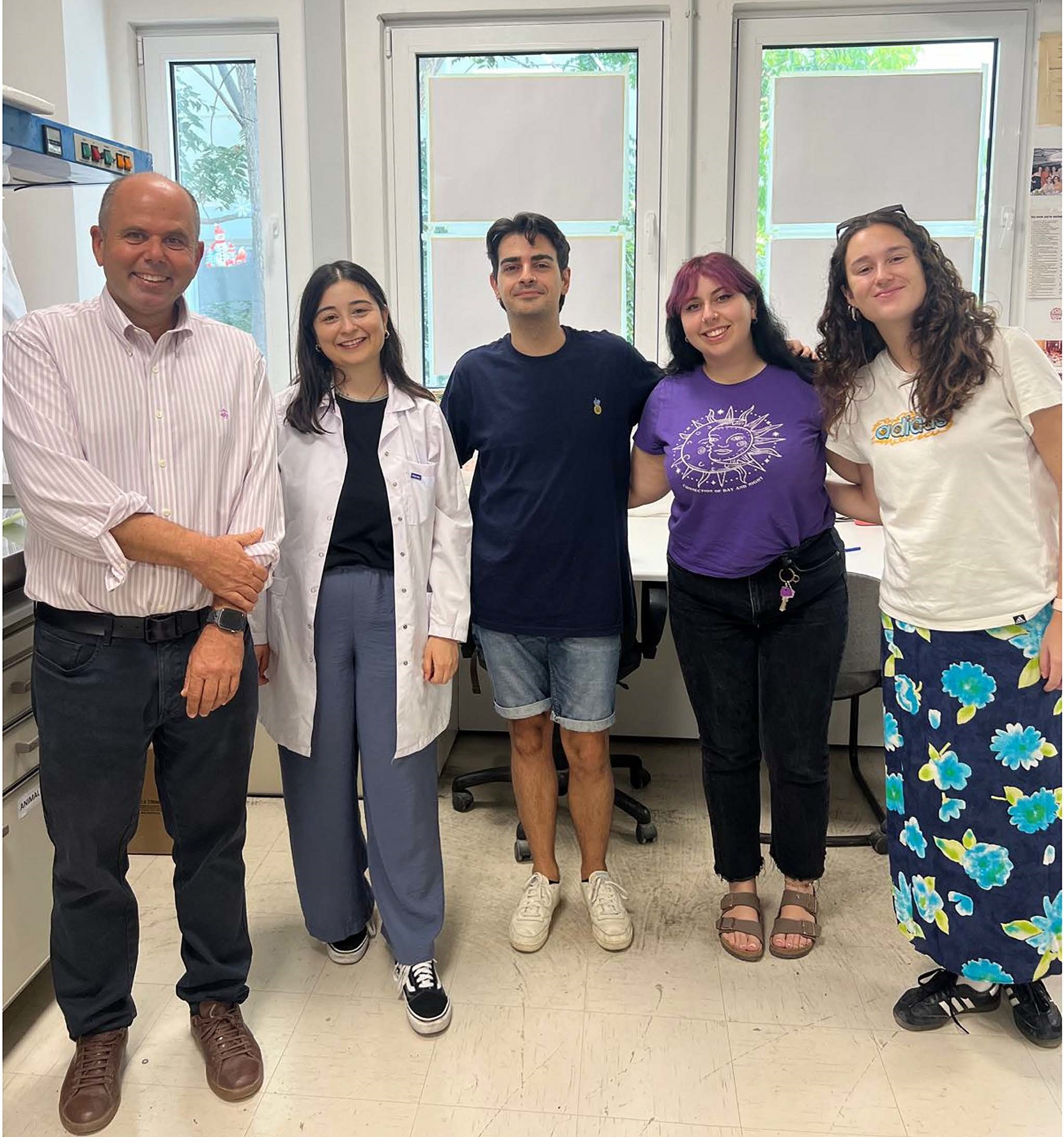EFLM LabX report by Ayşe IŞIK, Turkey
Through the EFLMLabX international exchange, I completed a two-week training in Heraklion, Crete, jointly hosted by the Laboratory of Clinical Chemistry at the University of Crete (School of Medicine) and the Clinical Chemistry–Biochemistry Laboratory at the University Hospital of Heraklion, under the supervision of Professor Christos Tsatsanis. The training took place between 13 and 27 September 2025. My primary assignment was in the research laboratory, where I was actively involved in day-to-day bench work while collaborating closely with researchers and staff from both the research and clinical laboratories.
In the research setting I gained hands-on experience across core translational techniques, including Western blot, ELISA, cell culture with cell lines and primary cells, primary macrophage isolation in mice, qPCR, and confocal microscopy. The team’s guidance was practical and generous: protocols were explained with their scientific rationale, troubleshooting steps were demonstrated at the bench, and documentation expectations were clear so that results remained reproducible and audit-ready. Close collaboration with the clinical laboratory complemented my work; while I was not embedded in routine diagnostics, I observed how pre-analytical checks, validation, and reporting are structured, and I was introduced to the logic of panel-based genetic screening through CFTR mutation detection on a defined panel using capillary electrophoresis. These interactions clarified how quality control, instrument calibration, and concise reporting sustain high-throughput clinical workflows, and how insights from research can translate into pragmatic improvements.
I am deeply grateful to Professor Christos Tsatsanis, who welcomed me warmly and supported me at every stage. I never felt like an outsider; instead, I felt part of the team. I am confident that what I learned in Heraklion will significantly support the progress of my PhD thesis. I would also like to thank the Department of Medical Biochemistry, Faculty of Medicine, Erciyes University, for enabling and encouraging this training opportunity. Finally, I was honoured and delighted to participate in the exchange through an EFLM bursary—an experience that was both personally motivating and professionally invaluable. My sincere thanks go to the EFLM LabX programme, to the University of Crete and the University Hospital of Heraklion teams, and in particular to Professor Tsatsanis, for creating an exceptionally supportive learning environment. I return with sharper experimental skills, a clearer understanding of the clinical–research interplay, and renewed commitment to precise documentation and open, collegial communication.
Through the EFLMLabX international exchange, I completed a two-week training in Heraklion, Crete, jointly hosted by the Laboratory of Clinical Chemistry at the University of Crete (School of Medicine) and the Clinical Chemistry–Biochemistry Laboratory at the University Hospital of Heraklion, under the supervision of Professor Christos Tsatsanis. The training took place between 13 and 27 September 2025. My primary assignment was in the research laboratory, where I was actively involved in day-to-day bench work while collaborating closely with researchers and staff from both the research and clinical laboratories.




